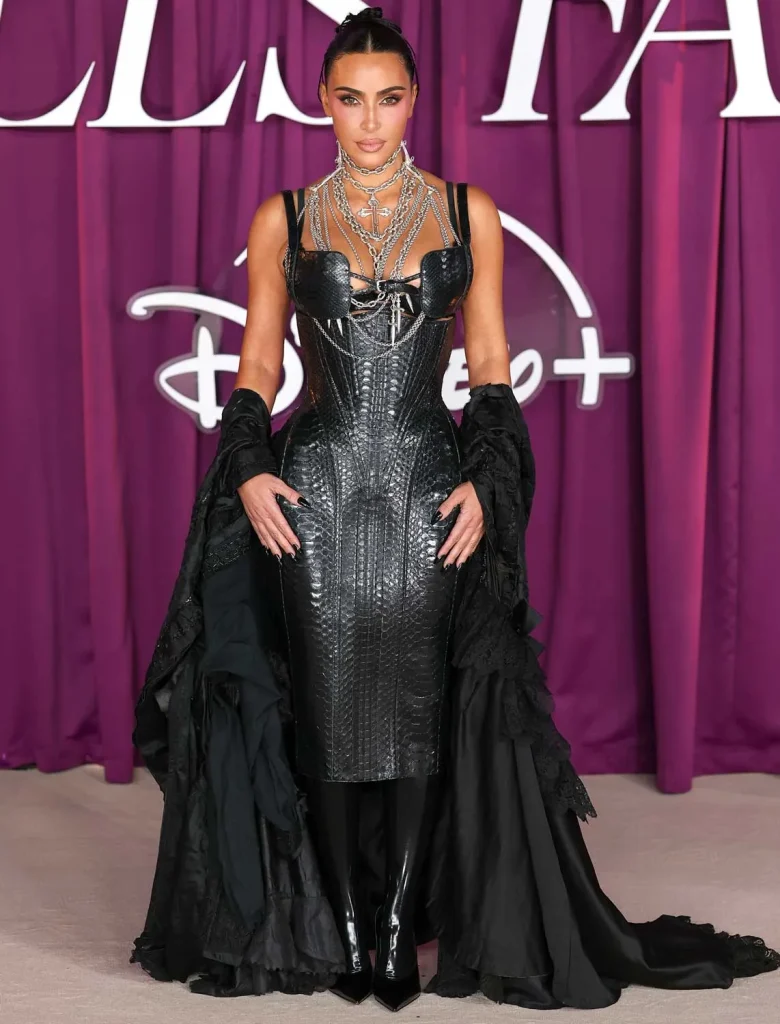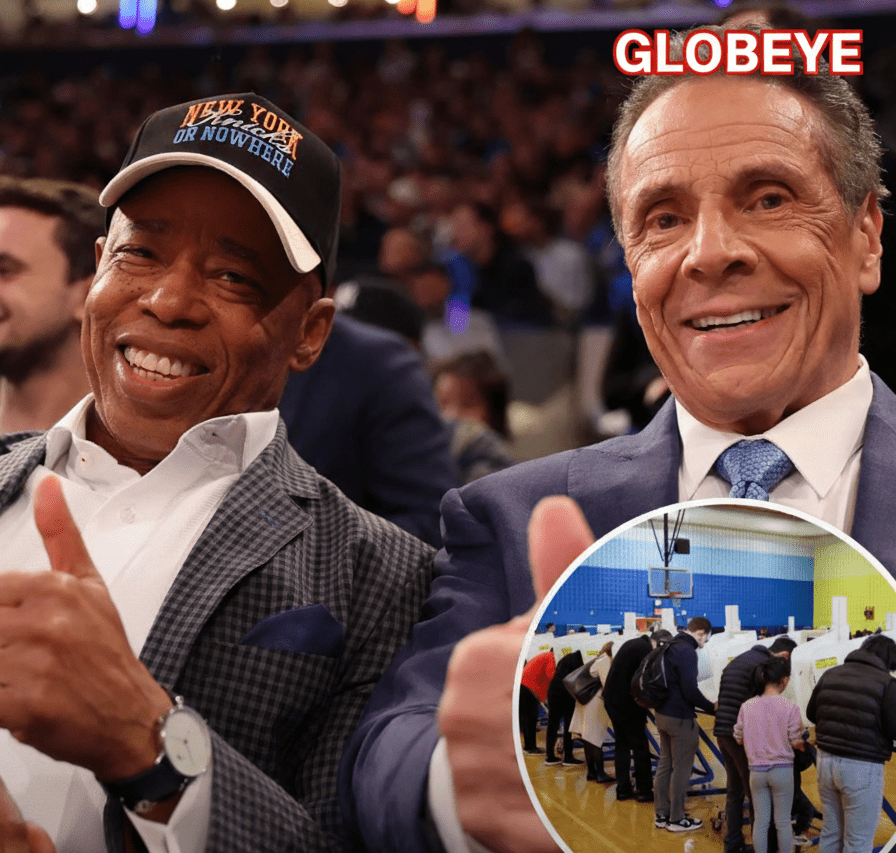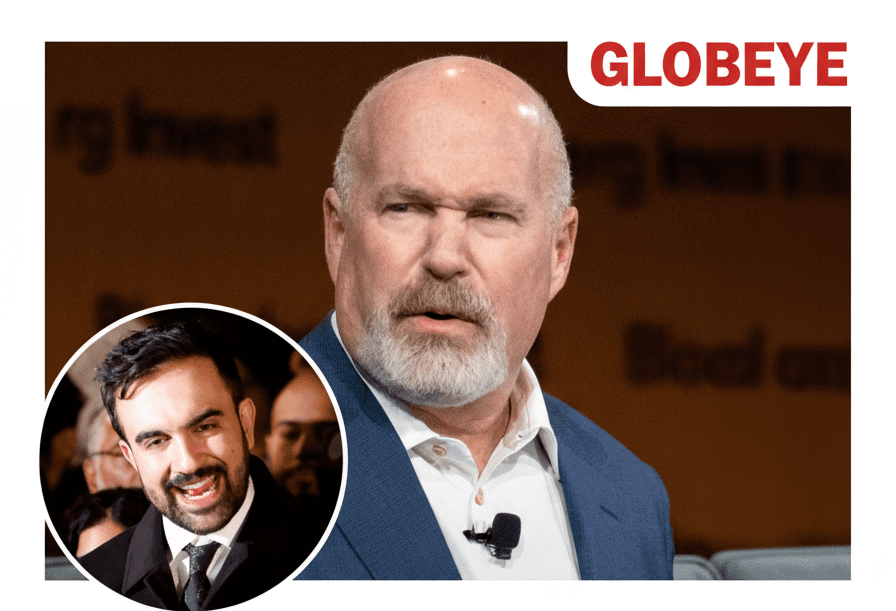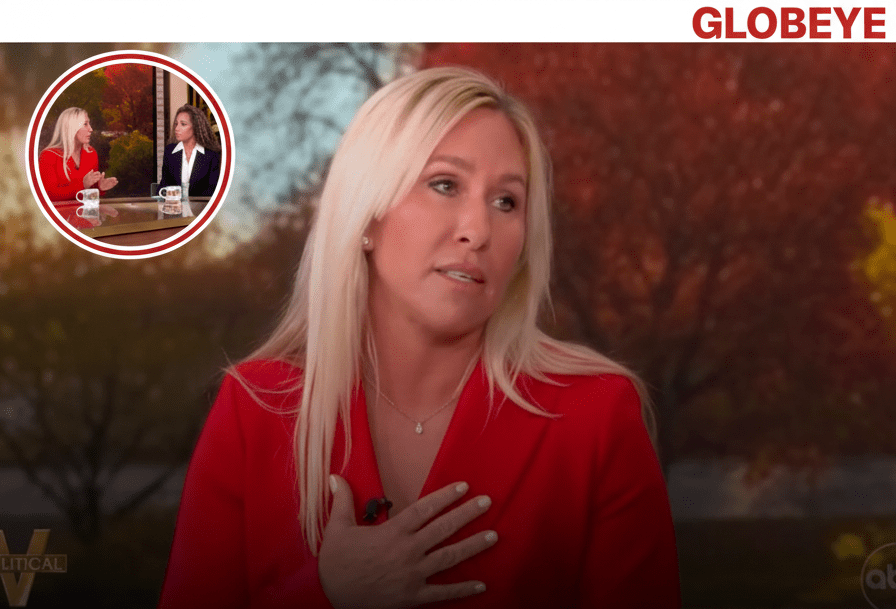Kim Kardashian Says Using ChatGPT Cost Her Law Exam Success: “I’ll Get Mad and I’ll Yell at It”
On Tuesday, in an unexpectedly candid moment, Kim Kardashian admitted that her relationship with ChatGPT helped drive the moment of reckoning she never anticipated—an admission that any aspiring lawyer might dread. In a lie-detector interview for Vanity Fair’s series, Kardashian, 45, revealed that when she needed help with law-school questions, she turned to ChatGPT—only to find that the artificial intelligence often led her astray. “It has made me fail tests… all the time,” she said bluntly, adding that she regularly yelled at the chatbot when it didn’t deliver.
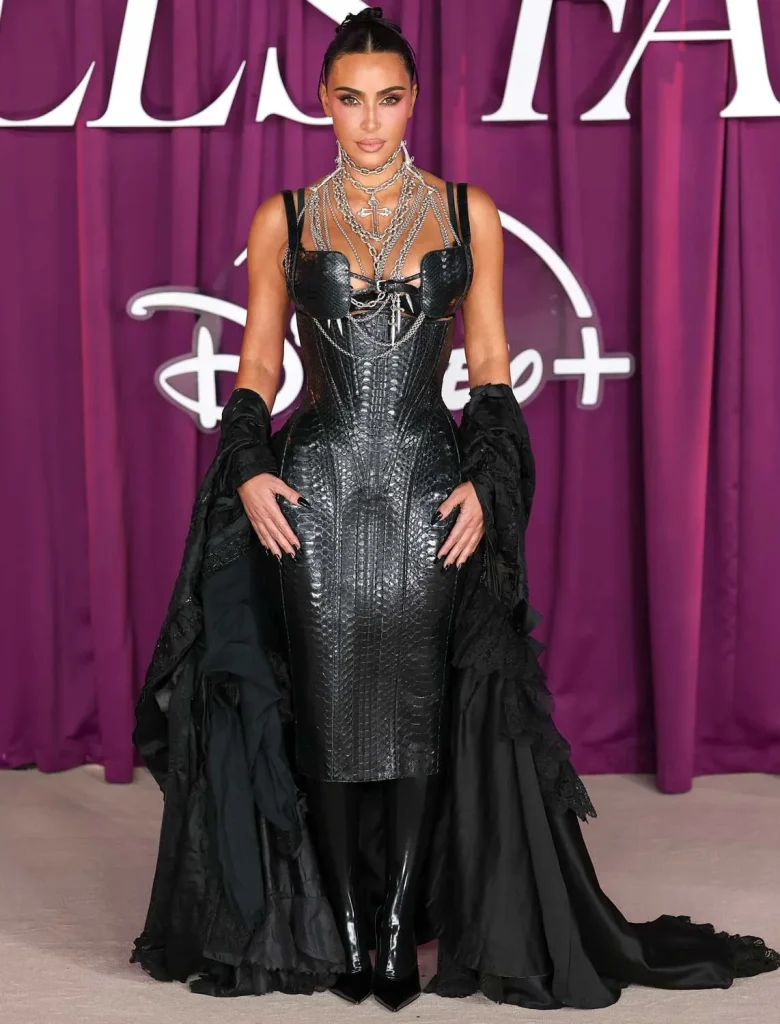
The clip captures a rare moment of vulnerability from a woman often functionally synonymous with confidence and control. Kardashian’s acknowledgement that she relied on a machine to help her prepare for a rigorous exam—and watched it “clock” her with wrong answers—raises uncomfortable questions about the interplay between celebrity, ambition, technology and accountability. She described ChatGPT almost like a “frenemy,” sometimes giving answers that seemed plausible, sometimes flatly wrong, and then shifting to hypocritical guidance: “trust your instincts, you knew the answer all along.” The back-and-forth, she said, became absurd enough to screenshot and share with friends.
The context here is critical. Kardashian is not a casual law-student floating between honeys and headlines; she has been on a determined path toward legal qualification for years. In 2019 she disclosed that she was studying law via apprenticeship in California. She went on to fail the “baby bar” exam three times before passing in 2021. Earlier this year she celebrated finishing her law-school journey and declared she expected to qualify as an attorney within weeks. So when she reveals that a widely accessible tool like ChatGPT hurt rather than helped, it reverberates beyond a celebrity moment—it touches on the broader stakes of AI in education, the nature of study, and the realities of ambition in public life.
Her revelation came while filming for All’s Fair, a new legal drama on Hulu in which she stars, and during which she sat down with co-star Teyana Taylor for a segment tied to Vanity Fair’s polygraph series. When Taylor asked whether she uses ChatGPT for “dating advice” or “life advice,” Kardashian answered no, but admitted yes for “legal advice.” That’s when she shared her method: “I’ll take a picture and snap it and put it in there.” The results were so consistently wrong, she said, that she’d screenshot the conversation and text it to her friends.
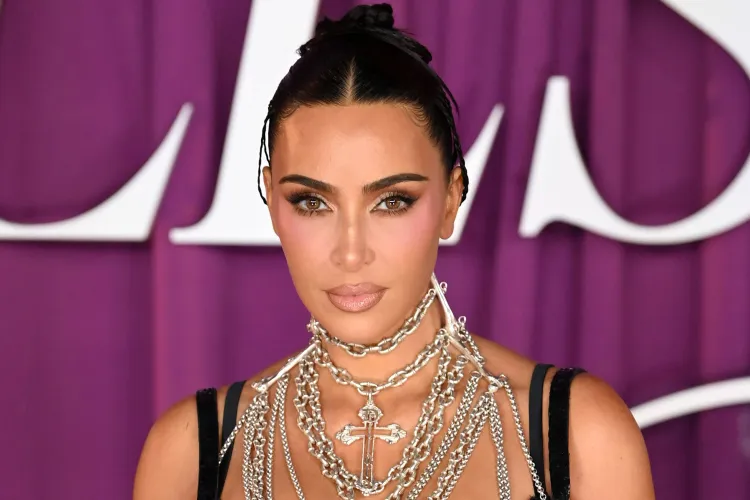
Kardashian’s tone in the interview swung between bemused and amused-outraged, as she joked that ChatGPT became “a toxic friend” that both failed her and gave her philosophical advice. “It will say, ‘This is just teaching you to trust your own instincts. So you knew the answer all along.’ Clocked me,” she said. In the end, the moment feels deeply human: the pursuit of excellence, the expectation of a silver-bullet tool, the messiness of reality when tech falls short—and the admission that maybe the biggest lesson is less about law than introspection.
To her credit, Kardashian has long framed her study path not as celebrity vanity but as a purposeful, reform-driven mission. Her interest in criminal-justice reform and desire to use her profile for change have been cited repeatedly. Her late father, Robert Kardashian, was a high-profile attorney, and she has spoken before about wanting to use her knowledge to help others. Yet this moment exposes the friction between fame, technology and formality: law school is not just hours in front of a screen, it’s discipline, risk, responsibility. By blaming an AI tool, she is not undermining herself, but acknowledging that shortcuts—even high-profile ones—can fracture under scrutiny.
Still, the admission invites wider reflection. For students and professionals relying on AI tools like ChatGPT, Kardashian’s story is a high-visibility caution. The technology is powerful, but it is not infallible. Her experience shows that depending on it as a primary study partner—especially in high-stakes exams—can carry risk. It also underscores the internal reckoning required when reality doesn’t match expectation, especially when the world has watched you build an empire of confidence.
There is also a nuanced hint of empowerment in her comments. While she blames ChatGPT for failed answers, she laughs about yell-outs and screenshots, and refers to trusting her instincts. The irony is not lost: the tool she turned to is now teaching her to lean on herself. That’s not defeat—it’s recalibration. It suggests that, for all its promise, tech will not replace human judgment, even—or especially—for someone with the resources and ambition of Kim Kardashian.
Exam results, bar admission and career trajectory aside, the story will linger because it touches on the cultural moment. AI is no longer confined to research labs; it’s in study sessions, boardrooms, celebrity studios. When a figure like Kardashian says “this made me fail,” it becomes part of a larger conversation about how tools shape learning, when they fall short, and what that reveals about our expectations of them.
In the end, Kim Kardashian’s confession may not change the fact that the law will demand mastery, discipline and accountability—but it does humanize the celebrity struggle, frame the technological gulf, and serve as a spotlight on how even the boldest paths are imperfect. The question now is: will she use this experience not just to pass the bar, but to teach others what it means to trust yourself when the tools fail you?
